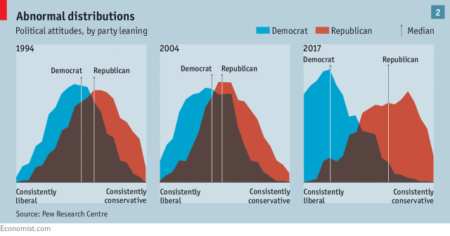With the decline of archaic magic, the belief in single combat began to die out. The development of the modern, highly organized army and the concept of “total war” seemed to bury it forever. But then an extraordinary thing happened: the atomic bomb was invented, with the result that the concept of total war was nullified. The incalculable power of the A-bomb and the bombs that followed also encouraged the growth of a new form of superstition founded upon awe not of nature, as archaic magic had been, but of technology. During the Cold War period small-scale competitions again took on the magical aura of a “testing of fate,” of a fateful prediction of what would inevitably happen if total nuclear war did take place. This, of course, was precisely the impact of Sputnik I, launched around the earth by the Soviets’ mighty and mysterious Integral in October 1957. The “space race” became a fateful test and presage of the entire Cold War conflict between the “superpowers,” the Soviet Union and the United States. Surveys showed that people throughout the world looked upon the competition in launching space vehicles in that fashion, i.e., as a preliminary contest proving final and irresistible power to destroy. The ability to launch Sputniks dramatized the ability to launch nuclear warheads on ICBMs. But in these neo-superstitious times it came to dramatize much more than that. It dramatized the entire technological and intellectual capability of the two nations and the strength of the national wills and spirits. Hence … John McCormack rising in the House of Representatives to say that the United States faced “national extinction” if she did not overtake the Soviet Union in the space race.
Wolfe, Tom. The Right Stuff. Farrar, Straus, and Giroux; New York. 1979. p. 124–5 (ellipses in original)
Related:
- Ilnyckyj, Milan. “The Space Race as ‘Primitive’ Warfare.” UBC Journal of International Affairs. 2005. p. 19–28.

